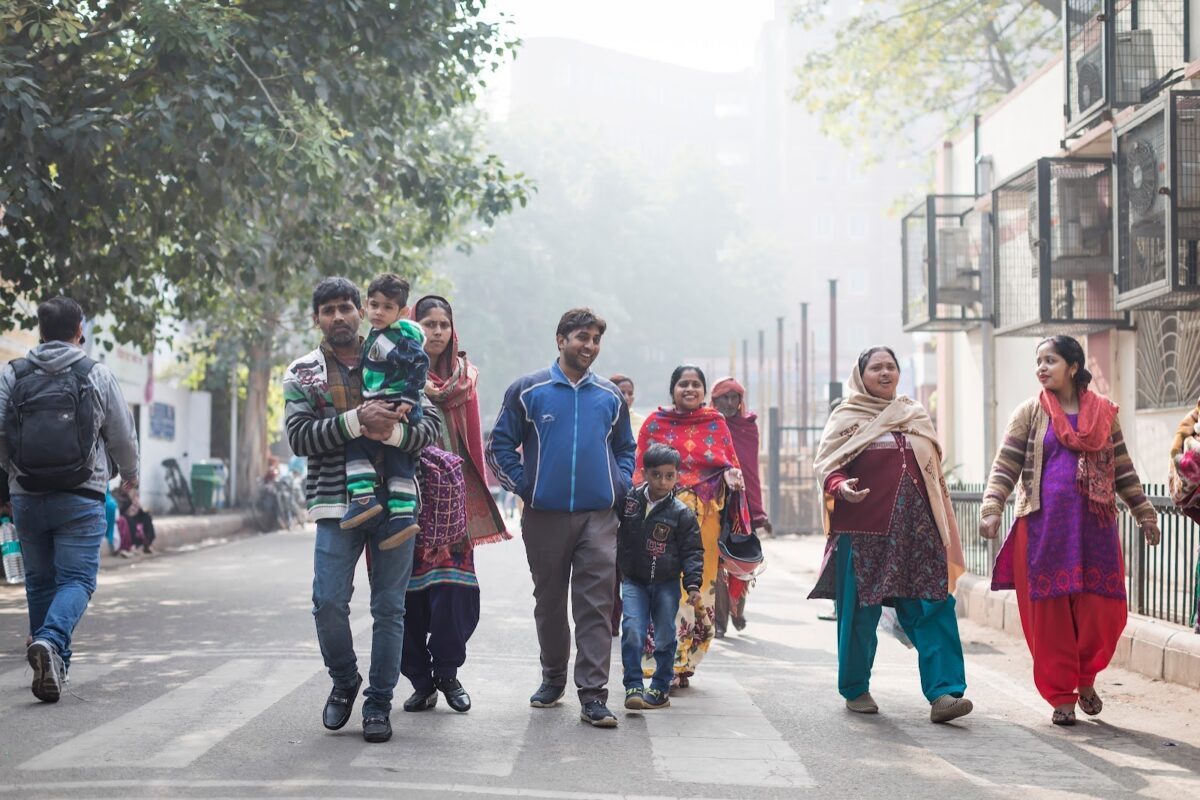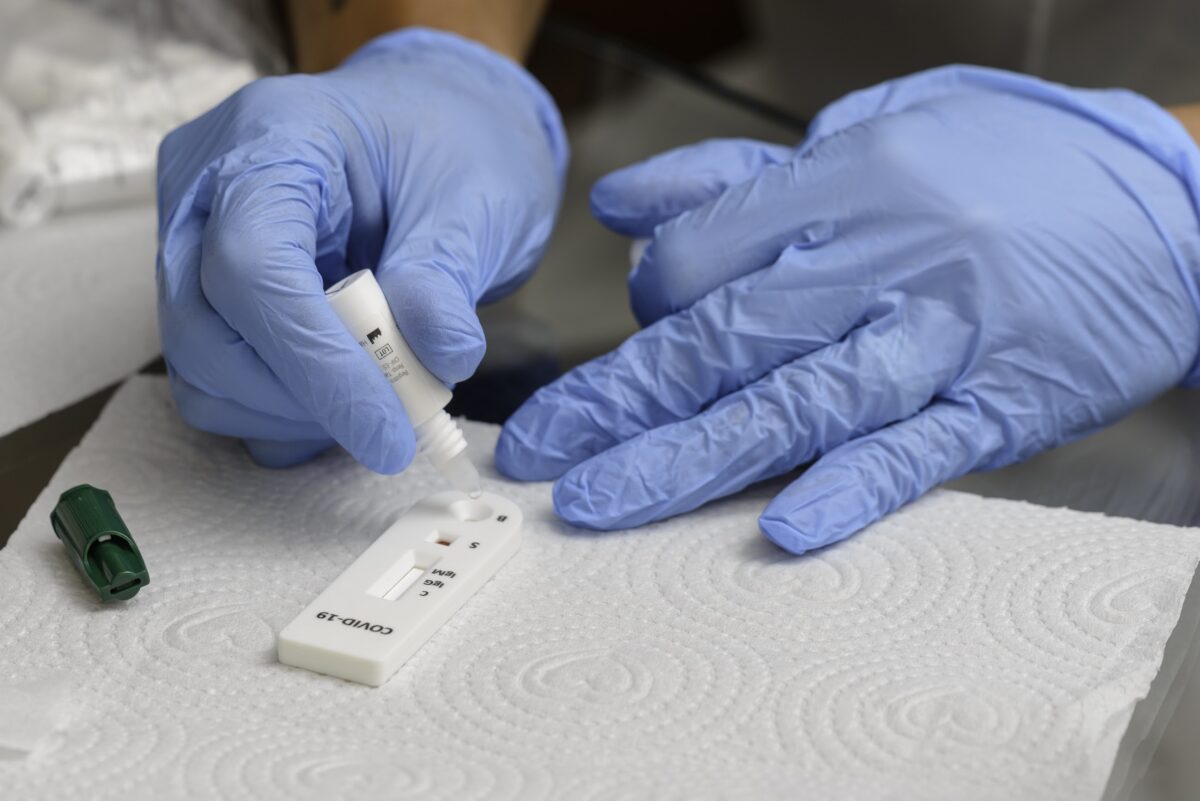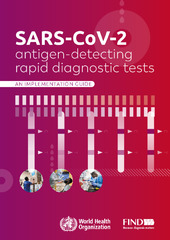Searching for innovative ways to implement screening programmes for SARS-CoV-2 in underserved communities, the ACT-Accelerator, FIND and IRD Global issued this request for proposals in May 2021.
The focus of the programmes was low- and middle-income countries. Globally stark inequities exist, with these countries not having adequate access to diagnostics during the COVID-19 pandemic.
The Access to COVID-19 Tools (ACT) Accelerator is a global collaboration focused on accelerating the development, production, and equitable access to COVID-19 tests, treatments, and vaccines.
FIND is a global non-profit organization focusing on diagnostics for major diseases, and IRD Global is a global health delivery and research organization.
The project was projected to involve customizing training materials, conducting training and proficiency assessment of trainees, and implementing and monitoring testing programmes within local policies and guidelines.





